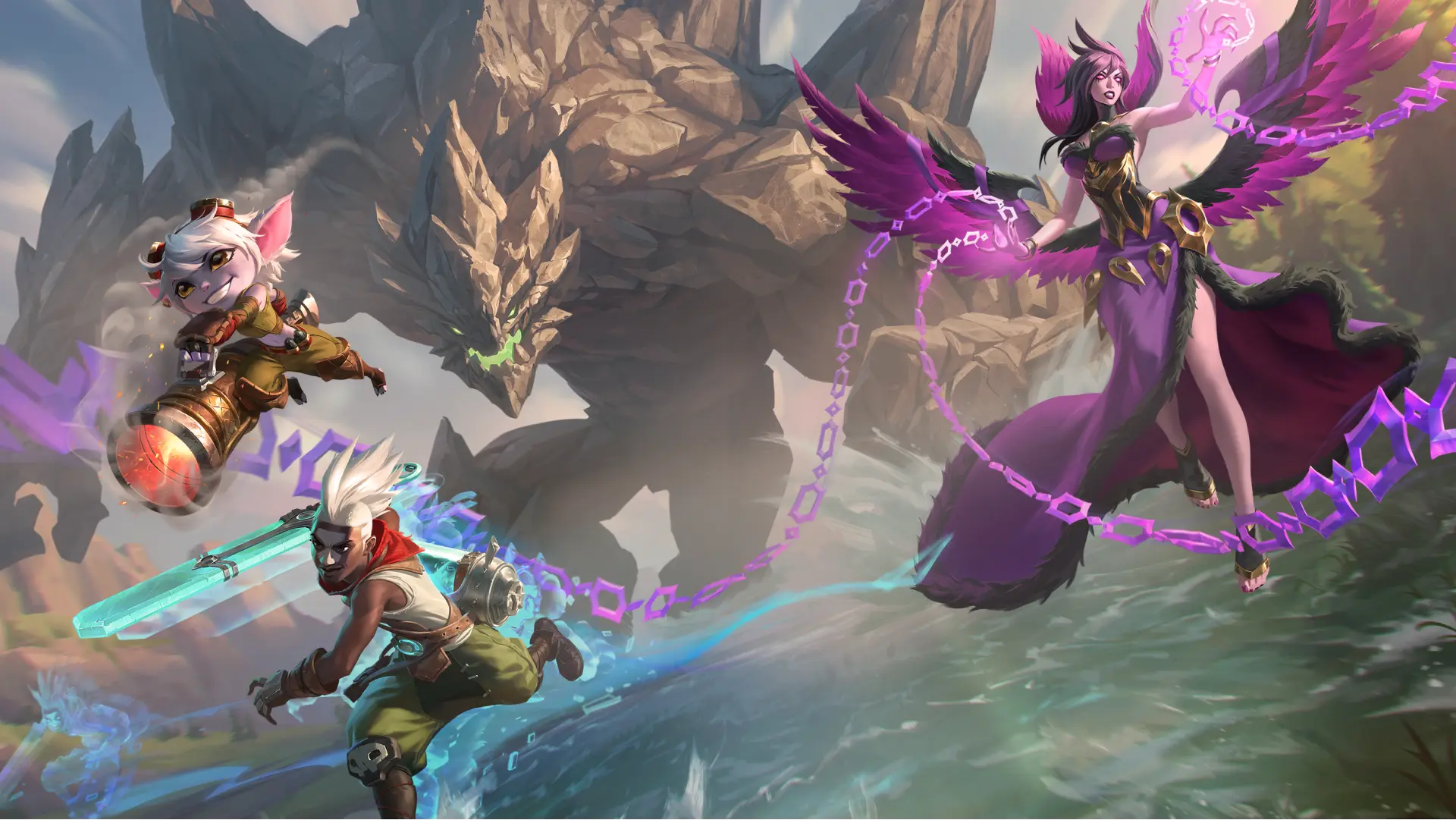In the world of video games, how players connect and interact with one another can greatly affect their experience. Two primary methods dominate the landscape: Peer-to-Peer (P2P) and Server-based systems. Understanding the pros and cons of each can help players appreciate their favorite games even more.
Understanding P2P Systems
P2P gaming allows players to directly connect with one another without a central server. This method has both advantages and disadvantages.
Advantages of P2P Gaming
- Lower Latency: Direct connections can reduce lag, creating a faster response time for players.
- Infrastructure Savings: No need for expensive servers reduces costs for both developers and players.
- Decentralization: Less prone to single points of failure, making connections more robust.
Disadvantages of P2P Gaming
- Security Risks: Direct connections can expose players to cyber threats.
- Variable Performance: Game performance may fluctuate based on individual player connections.
- Player Hosting Issues: Players must be online and stable to host games effectively.
Exploring Server Systems
In contrast, server-based systems centralize player connections through dedicated servers, ensuring a more controlled environment.
Advantages of Server Systems
- Enhanced Security: Centralized servers can implement stronger security measures.
- Consistent Performance: Offers predictable gameplay with reduced lag and downtime.
- Control and Management: Developers have greater control over game environments, moderating player interactions and content.
Disadvantages of Server Systems
- Higher Costs: Maintaining servers can be expensive for developers.
- Potential Bottlenecks: Servers may become overwhelmed, leading to lag during peak times.
- Dependency Issues: Players can be impacted by server outages or maintenance downtimes.
P2P vs Server Systems: Performance and Experience
The choice between P2P and server-based connections often boils down to personal preference and the type of game being played. Here are a few factors to consider:
- Game Type: Fast-paced games like first-person shooters may benefit from P2P speeds.
- Player Base: Large multiplayer games often require server systems to manage connections smoothly.
- Your Connection: Individual player internet connections can significantly affect performance regardless of system.
Conclusion
Ultimately, both P2P and server systems offer unique advantages and challenges. The best choice depends on various factors, including the game's design, the player community, and specific user needs. Understanding these differences empowers players to make informed decisions about their gaming experiences.
For more information on online gaming technologies and how they influence your gaming experience, consider exploring resources from Gamasutra and GamesIndustry.biz.




.webp)

